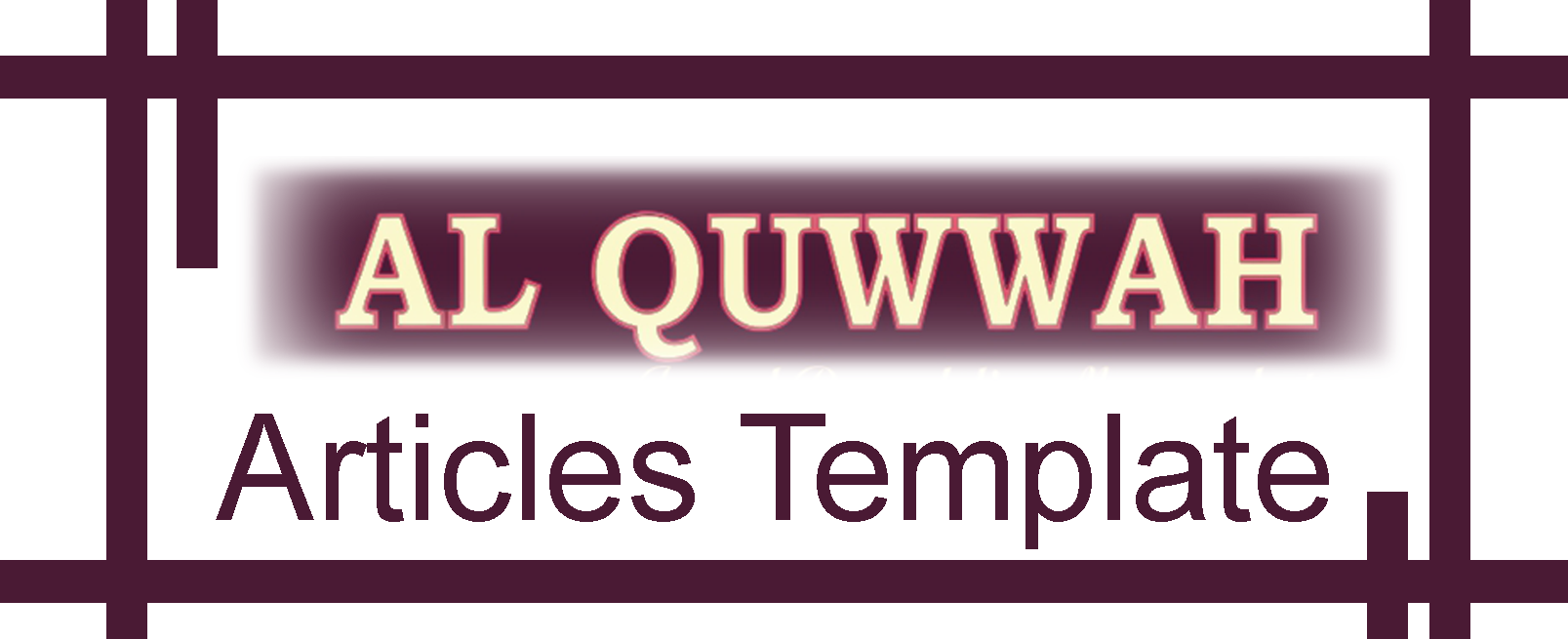Lukisan Di Desa Ketap: Membuahkan Warna Warni di Rumah Dilan
Abstract
This article explores community-based creative initiatives, including the creation of the "Rumah Dilan" painting by Sundari, plastic waste chairs led by PKK mothers, and the PKK organizational structure, showcasing their potential in community empowerment and environmental conservation. The novelty of this article lies in its detailed examination of how these projects not only produce functional and aesthetically pleasing artworks and products but also support recycling and waste reduction efforts. The methodology involves a collaborative approach, engaging various community groups, including children, teenagers, PKK mothers, and KKN students, in a series of steps for each project. The primary findings highlight the significant social bonds, enhanced skills, and environmental awareness fostered through these initiatives. Additionally, the creation of Activity Photo Charts, Reading Corners, curtains from used bottles, and Karibokas demonstrate how creativity can be integrated into community activities to achieve sustainable positive impacts. Challenges such as material collection and manufacturing techniques are overcome through good coordination and the spirit of mutual cooperation, resulting in products that function well, beautify the environment, and instill pride in the involved community.
Downloads
Copyright (c) 2025 Raafi Riyan To

This work is licensed under a Creative Commons Attribution 4.0 International License.
- All articles published in Al Quwwah are licensed under a Creative Commons Attribution-ShareAlike 4.0 International (CC BY-SA) license. This means anyone is free to copy, transform, or redistribute articles for any lawful purpose in any medium, provided they give appropriate attribution to the original author(s) and Al Quwwah, link to the license, indicate if changes were made, and redistribute any derivative work under the same license.
- Copyright on articles is retained by the respective author(s), without restrictions. A non-exclusive license is granted to Al Quwwah to publish the article and identify itself as its original publisher, along with the commercial right to include the article in a hardcopy issue for sale to libraries and individuals.
- Although the conditions of the Creative Commons Attribution-ShareAlike 4.0 International (CC BY-SA) license do not apply to authors (as the copyright holder of your article, you have no restrictions on your rights), by submitting to Al Quwwah, authors recognize the rights of readers and must grant any third party the right to use their articles to the extent provided by the license.
 This work is licensed under a Creative Commons Attribution-ShareAlike 4.0 International License.
This work is licensed under a Creative Commons Attribution-ShareAlike 4.0 International License.




.png)
.png)


